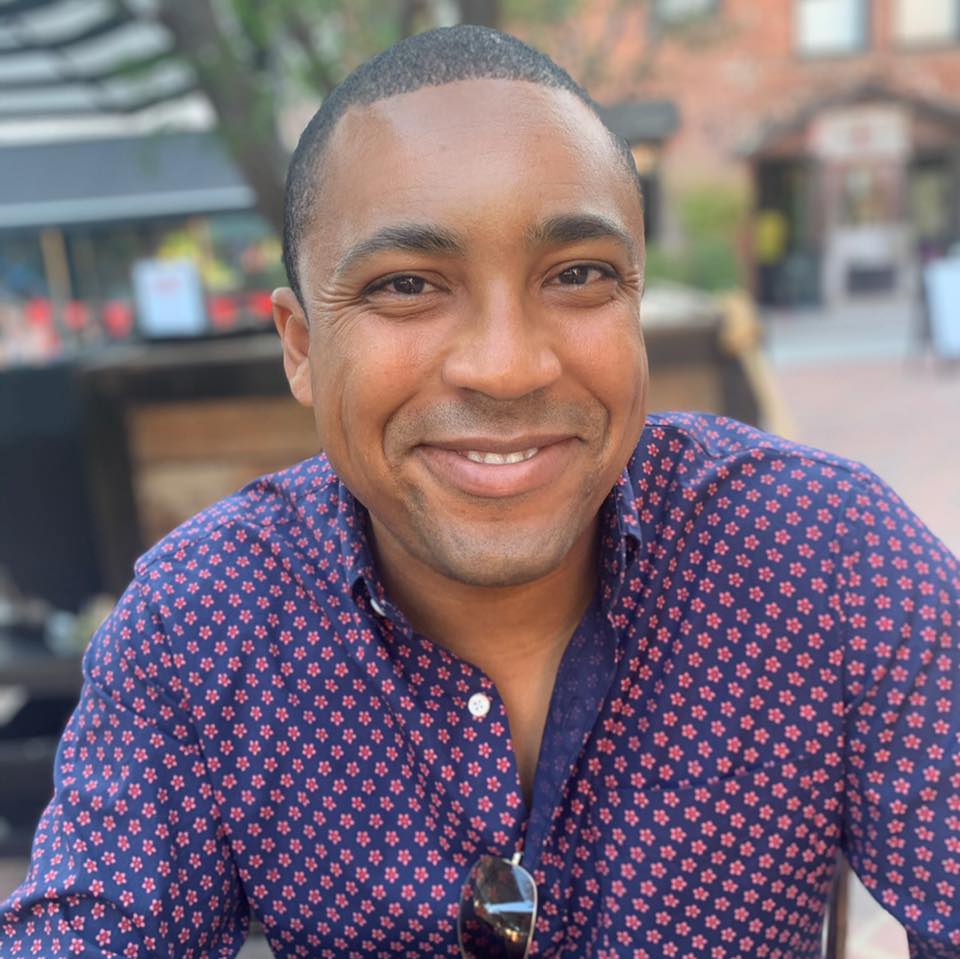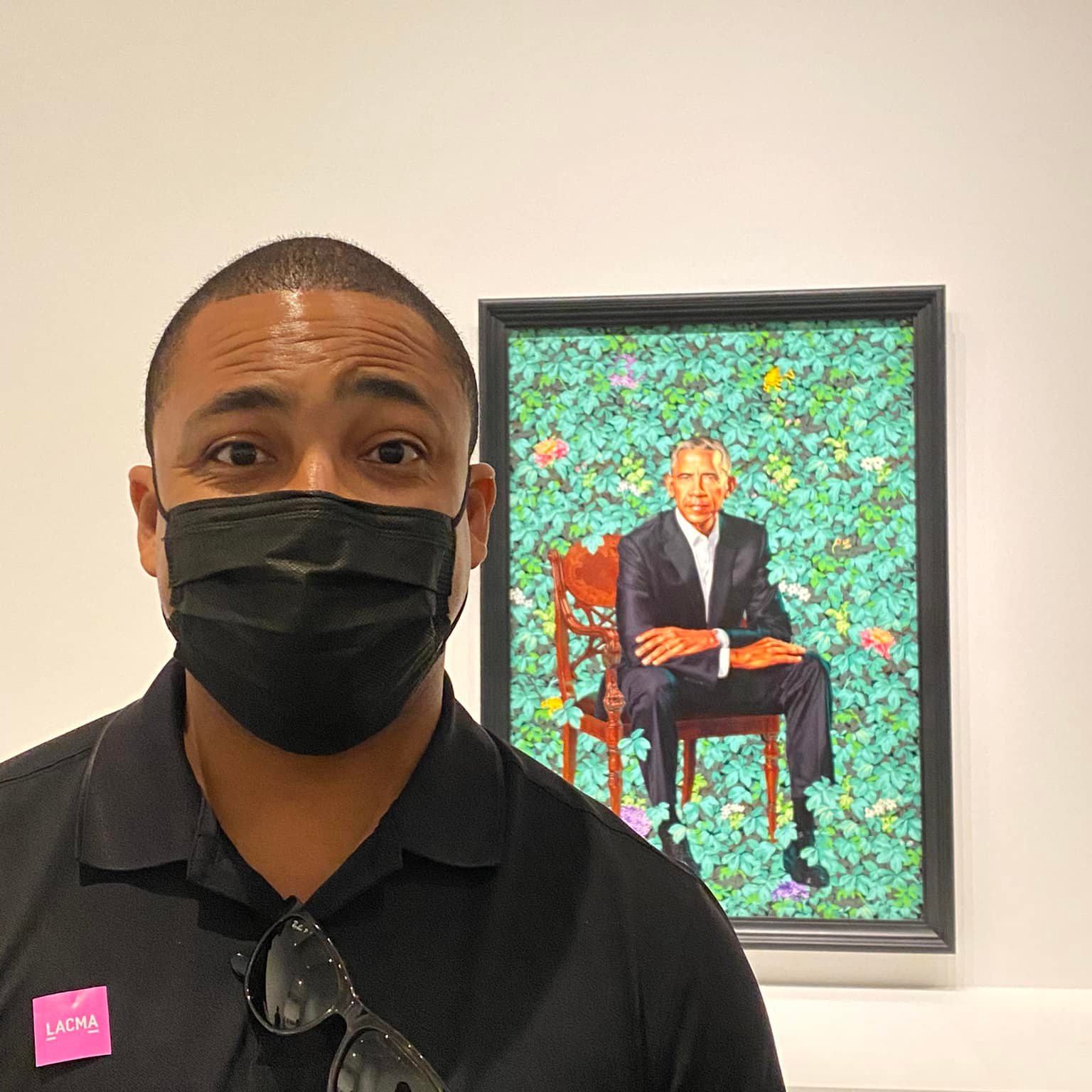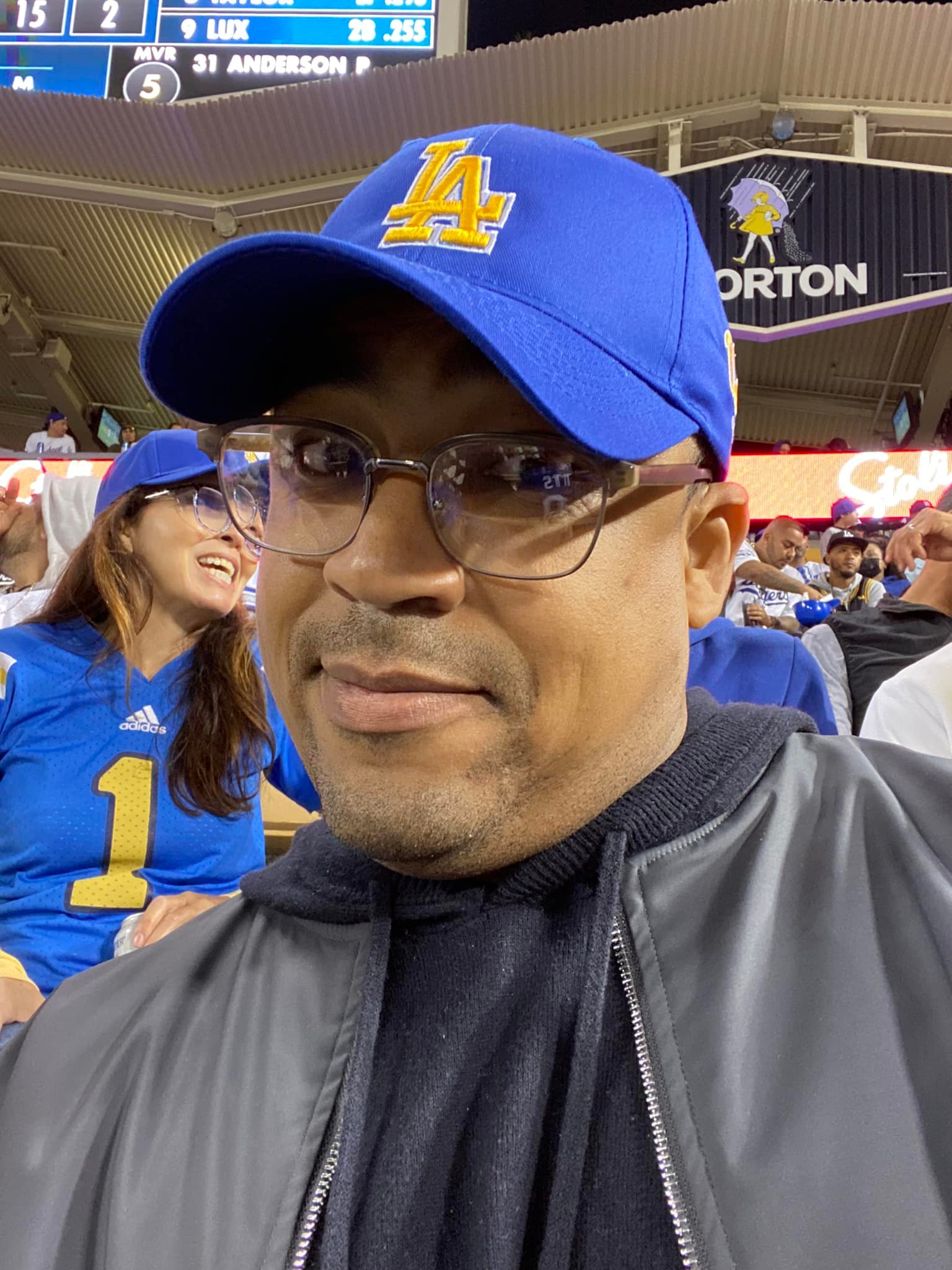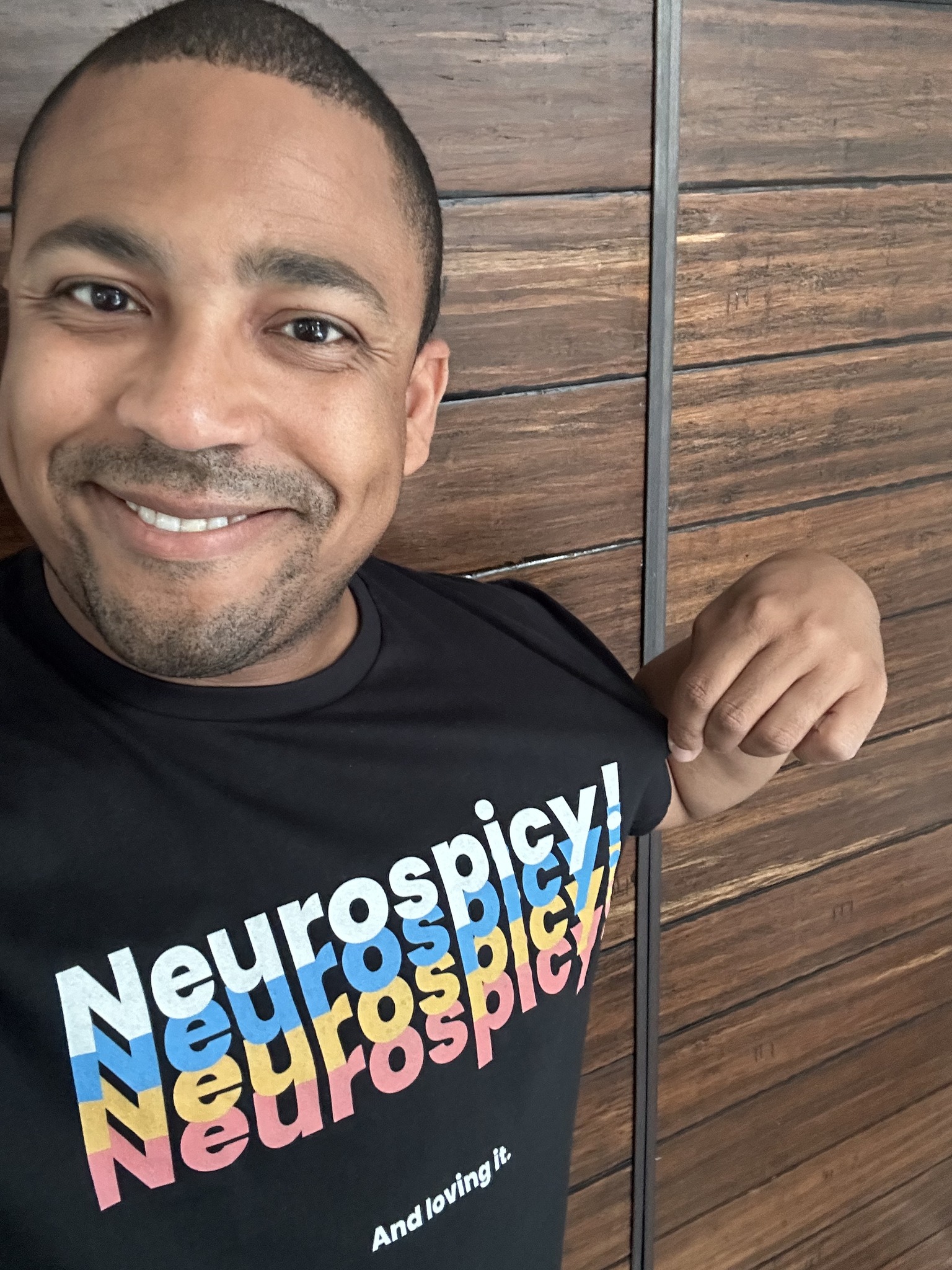Alright – so today we’ve got the honor of introducing you to Rolondo Talbott. We think you’ll enjoy our conversation, we’ve shared it below.
Rolondo, thanks for taking the time to share your stories with us today How did you come up with the idea for your business?
The idea for Inclusive Hearts Coaching emerged from the collision of two truths: that I spent years helping organizations build inclusion while quietly hiding parts of myself, and that once I fully embraced my own identity as a Black, autistic leader, I saw how much was missing from the inclusion work being done around me.
For years, I sat at leadership tables, led DEI initiatives, and drove culture change from within. I was committed, respected—and still, I masked. I masked my neurodivergence, I navigated racialized expectations, and I quietly absorbed the invisible labor of being different in systems not built for me. When I was finally diagnosed as Autistic and ADHD later in life, everything shifted. The world didn’t suddenly become easier—but I understood it better. And I realized: If inclusion doesn’t account for people like me, then it isn’t really inclusion.
That realization lit a fire. I wasn’t just interested in helping organizations check boxes—I wanted to help them transform. Inclusive Hearts Coaching was my way of doing that. I knew it would work because I wasn’t just solving a theoretical problem—I was living it. Most companies want to “do better” around neurodiversity but have no idea where to begin. The strategies out there were either too clinical, too generic, or too far removed from lived experience. I offered something different.
My approach blends intellectual rigor with human truth. I use storytelling and relatable analogies to make complex concepts stick, and I design neurodivergent centered and trauma informed tools like the STEPS Toolkit and the ACCESS™ Framework to ensure that inclusion isn’t just an idea—it’s measurable, scalable, and sustainable. I don’t just help leaders accommodate neurodivergent people; I help them recognize the value of designing for the edges, where true innovation lives.
What excites me most is seeing the moment when a leader or a team realizes: this isn’t about fixing people—it’s about fixing the systems and the culture. That shift in mindset opens up space for people to show up fully—and when that happens, performance, creativity, and belonging skyrocket. I’ve had clients go from 45% overwhelm rates at events to zero accessibility complaints, with neurodivergent folks contributing at levels they’d never been able to before.
I started Inclusive Hearts Coaching because I was tired of performative inclusion. I stay with it because I see what’s possible when we lead with humanity, strategy, and heart. And because no one should have to hide who they are just to belong.
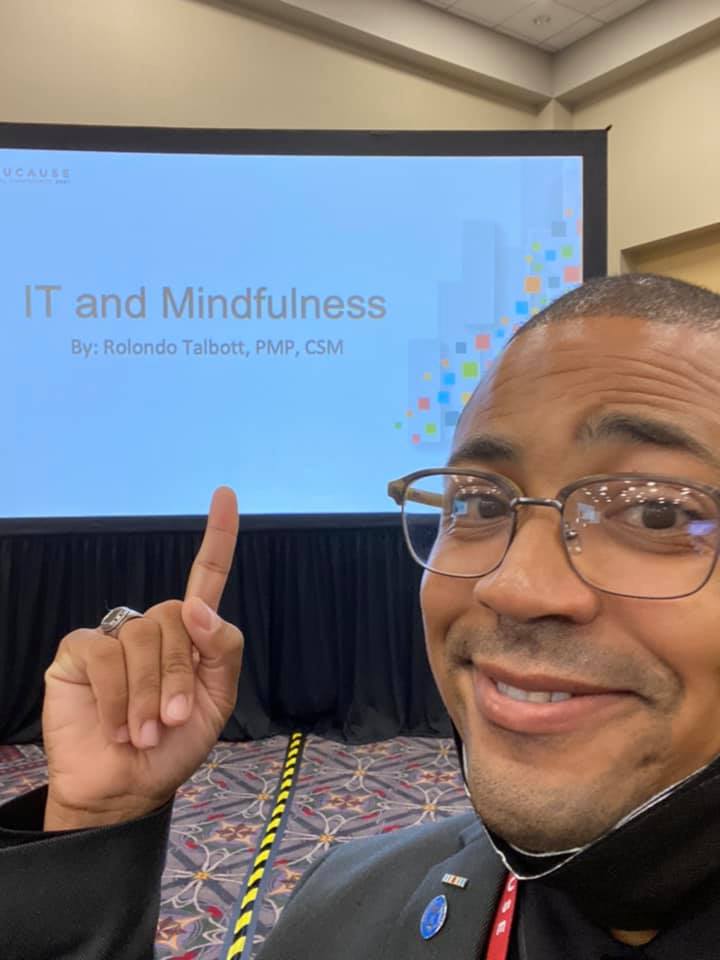
Great, appreciate you sharing that with us. Before we ask you to share more of your insights, can you take a moment to introduce yourself and how you got to where you are today to our readers.
I’m Rolondo, founder of Inclusive Hearts Coaching, a neuroinclusion consultancy dedicated to transforming how organizations approach diversity, equity, and belonging—not just in theory, but in practice. I describe myself as a neuroinclusion strategist, but I also think of myself as a translator: someone who bridges the gap between systems and the people those systems were never designed to serve.
I came to this work through lived experience and deep professional practice. As a Black, autistic man with ADHD, I’ve spent most of my life navigating structures that weren’t built for minds or bodies like mine. Add to that 13 years of military service and years in corporate DEI leadership, and I’ve seen firsthand how inclusion efforts often stop short—well-intentioned, but missing the mark for people who are truly at the margins. That’s the space I’ve committed to changing.
Inclusive Hearts Coaching was born from the belief that inclusion shouldn’t require anyone to shrink themselves. My work is about making complex ideas accessible without compromising on truth or justice. I do that through consulting, keynote speaking, leadership development, and tools I’ve developed to help organizations shift from performative inclusion to measurable belonging.
Two of the most powerful tools I’ve created are:
The ACCESS™ Framework – a neuroinclusive event design model that turns high-overwhelm experiences into spaces of authentic engagement. It’s been used to reduce accessibility complaints to zero while dramatically increasing participation from neurodivergent attendees.
The STEPS Toolkit – a trauma-informed, neurodivergent-centered approach to goal-setting that enhances traditional SMART goals by layering in real-world context: safety, energy, patterns of thought, trauma, and systemic barriers. It’s been a game-changer for organizations trying to align performance with humanity.
What sets my work apart is that I don’t just teach inclusion—I embody it. My frameworks were born from both lived insight and years of observing what doesn’t work. I center liberation, not just access. My brand is about cutting through surface-level commitments to create workplaces where people don’t have to leave parts of themselves at the door. I bring a balance of intellectual rigor and emotional truth, using storytelling, relatable metaphors, and systems thinking to guide teams toward lasting change.
What I’m most proud of is the feedback I get from people who’ve never felt seen before—clients who tell me, “I didn’t even know it was possible to feel safe here until now.” That’s the heart of Inclusive Hearts: creating spaces where people can be fully themselves and still fully belong.
If you’re a leader or organization ready to move beyond checklists and buzzwords, I want you to know that true inclusion is within reach. It takes courage, curiosity, and a willingness to reimagine what’s possible—but the rewards are transformational. My work isn’t just about compliance. It’s about unlocking the brilliance that’s already in the room—often overlooked, but always worth seeing.

Do you have any insights you can share related to maintaining high team morale?
The real key to team morale isn’t just psychological safety—it’s something deeper and more sustainable: Relational Stability.
Relational Stability means people feel consistently respected, understood, and supported—not just in high-stakes moments, but over time. It’s the foundation of a workplace where no one has to mask, minimize, or brace themselves just to get through the day. This concept is especially critical when leading neurodivergent teams or individuals impacted by trauma.
Neuroinclusion and trauma-informed leadership teach us that not everyone experiences the workplace in the same way—and that assumptions around tone, productivity, or engagement often reflect narrow norms. Relational Stability offers a way to expand those norms to make room for everyone.
It’s built on:
Predictability – People know what to expect, including how feedback is given and how conflict is navigated.
Boundaries – Disagreement and difference are welcomed within shared expectations of respect and care.
Mutual Trust – Relationships are co-created; power isn’t one-sided.
Agency – People can contribute in ways that honor their processing style, energy level, and lived experience.
Repair – When harm occurs, there’s a path to accountability and restoration, not silence or shame.
I also ground this work in five core leadership behaviors:
Curiosity – Seeking understanding before assumption.
Openness – Creating transparency even when it’s imperfect.
Respect – Honoring all ways of thinking, feeling, and expressing.
Empathy – Acknowledging that trauma, neurodivergence, and identity all shape how people engage.
Courage – Being willing to challenge the status quo in service of real inclusion.
When you lead from this place, morale isn’t something you fix when it breaks—it’s something you build intentionally, and protect continuously. And in doing so, you don’t just create a more compassionate team—you unlock creativity, innovation, and a sense of true belonging.
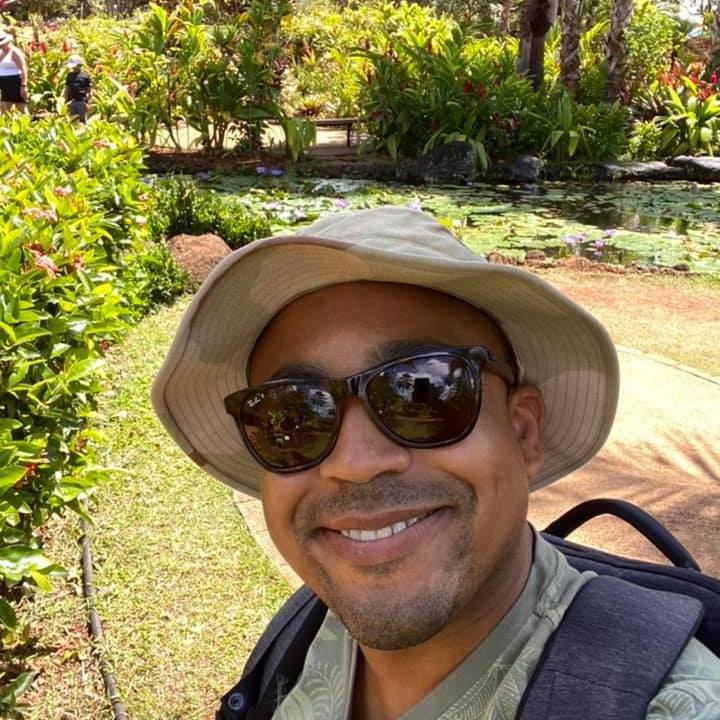
Are there any books, videos or other content that you feel have meaningfully impacted your thinking?
There are a number of frameworks and philosophies that have deeply shaped the way I lead, build, and imagine a better workplace. I often say that Inclusive Hearts Coaching was never just a business—it’s a set of lived experiences turned into strategy. And as I shaped those strategies, I found deep alignment with some powerful schools of thought that helped put language to what I already knew to be true.
One of the most transformative works I’ve encountered is My Grandmother’s Hands by Resmaa Menakem. That book gave me the permission—and the framework—to understand how trauma lives in the body, and how that trauma shapes our workplace behaviors, leadership dynamics, and even our policies. It helped me root my work in somatic awareness and community repair, not just intellectual understanding. That influence is visible throughout my frameworks, like STEPS and ACCESS™, which emphasize healing-centered practices and trauma-informed structure. I’m not just helping teams set goals or plan inclusive events—I’m helping them create experiences that feel safe in the body, particularly for those who are often left out of the room or forced to code-switch to be in it.
I’ve also been profoundly shaped by the Disability Justice framework, which centers access, interdependence, and the brilliance of disabled lives—not as something to work around, but as something to learn from. My entire neuroinclusion approach is rooted in the belief that when you design for those most impacted, everyone benefits. Similarly, the Neurodiversity Paradigm—particularly as articulated by thinkers like Nick Walker—reframes neurological difference not as a deficit but as part of the natural diversity of the human experience. That lens helped me see how much energy we spend trying to fix people when we could be redesigning systems instead.
I’m also guided by Liberatory Design, which combines equity work and human-centered design into a process of reflection, co-creation, and healing. That shows up in the way I facilitate strategy sessions, build trainings, and support culture change. And Transformative Justice grounds my belief that people and systems can change—but not through shame. Through accountability, compassion, and repair.
Books like Care Work by Leah Lakshmi Piepzna-Samarasinha, Emergent Strategy by adrienne maree brown, and The Body is Not an Apology by Sonya Renee Taylor continue to teach me how to lead from a place of embodiment, collective care, and radical acceptance.
Ultimately, what sets Inclusive Hearts Coaching apart isn’t just the frameworks—I think it’s the way I bridge theory and practice. I take ideas that are often reserved for academia or activist circles and translate them into tools corporate leaders can use today. I’m not asking organizations to lower the bar; I’m showing them how inclusion actually raises it—for everyone.
Contact Info:
- Website: https://inclusiveheartscoaching.com
- Linkedin: https://www.linkedin.com/in/rolondotalbott/
